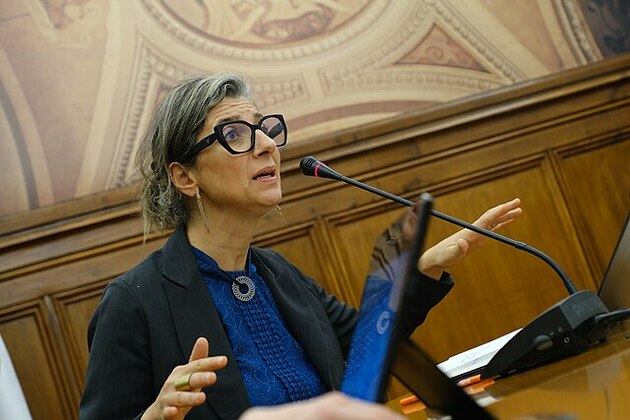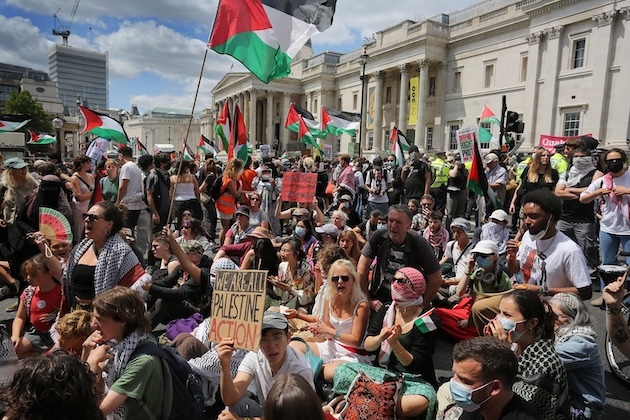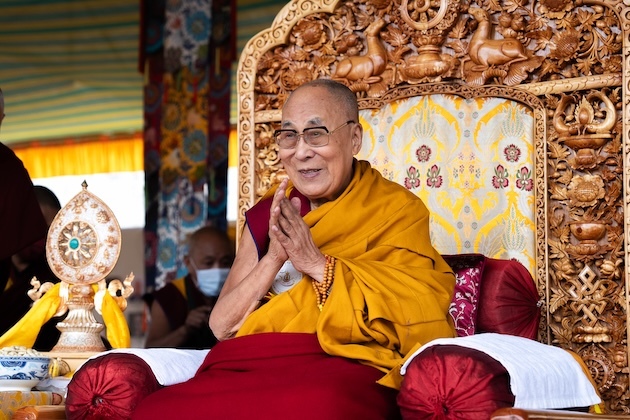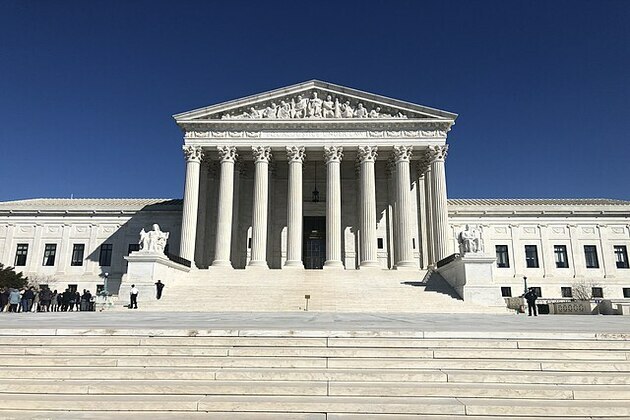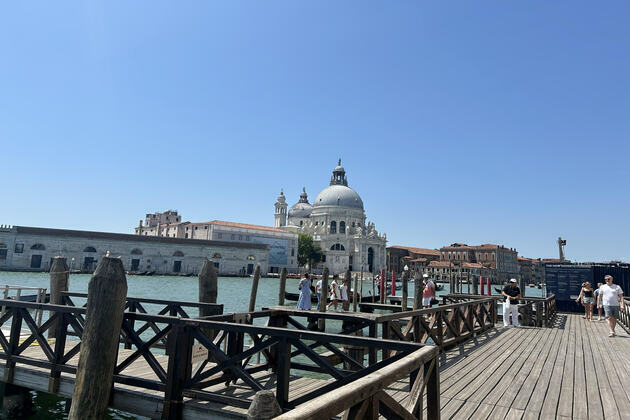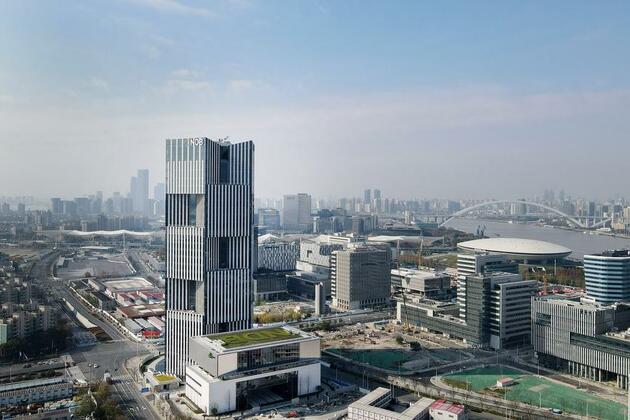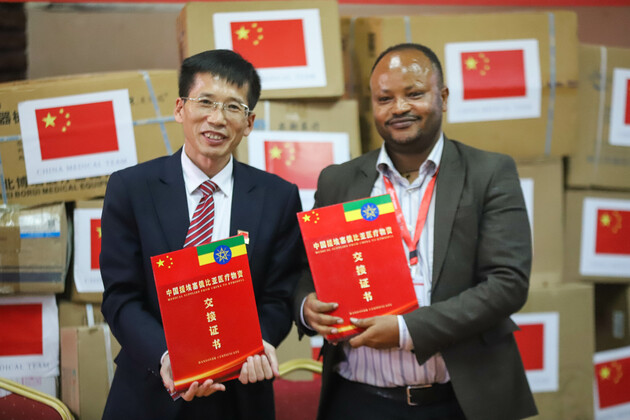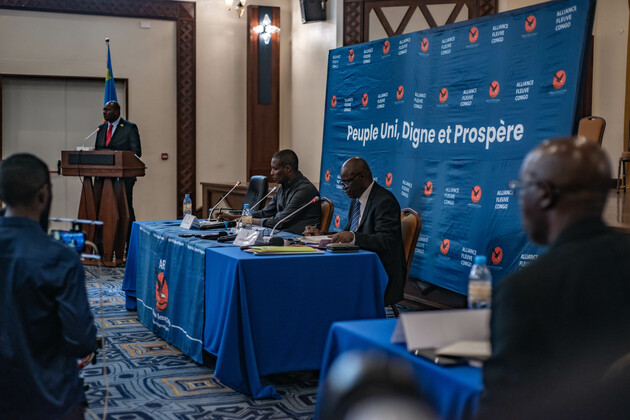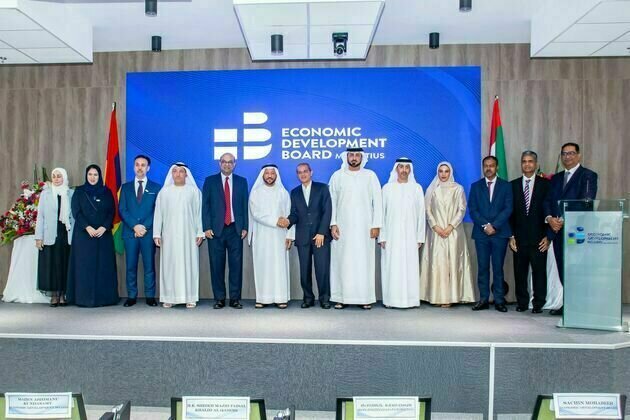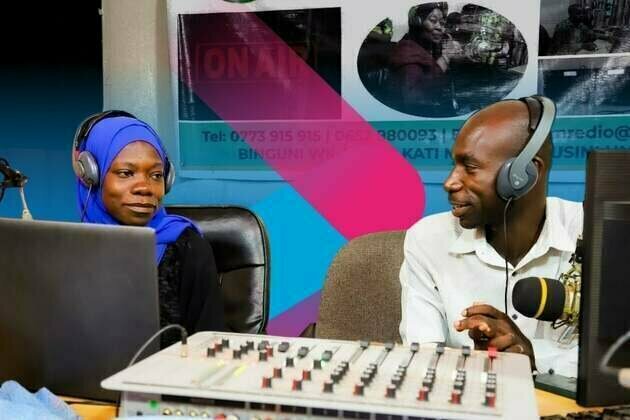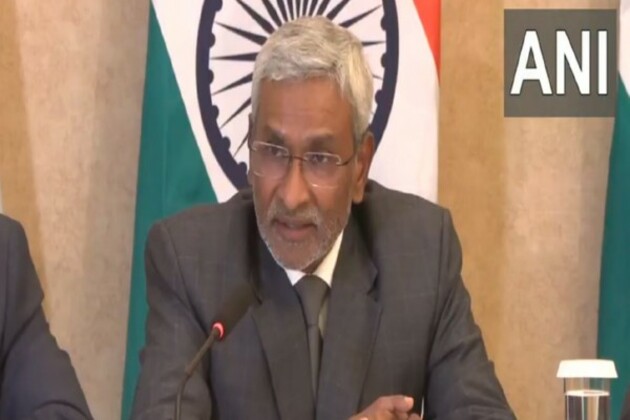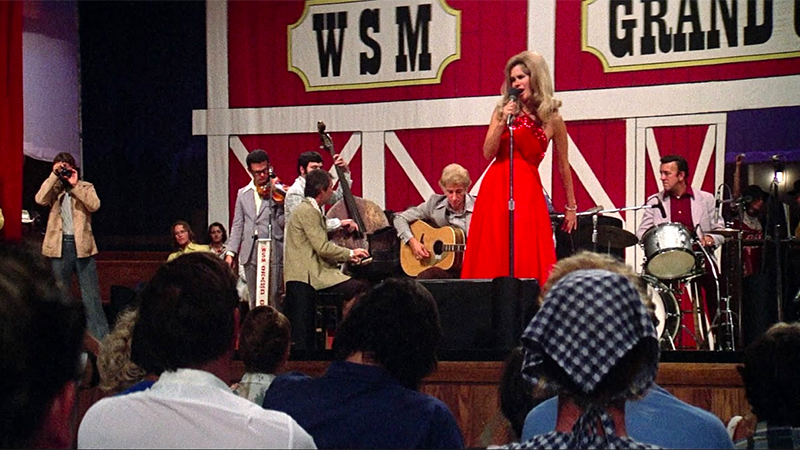What can our shared history as South Africans teach us?
News24
24 Sep 2020, 13:13 GMT+10
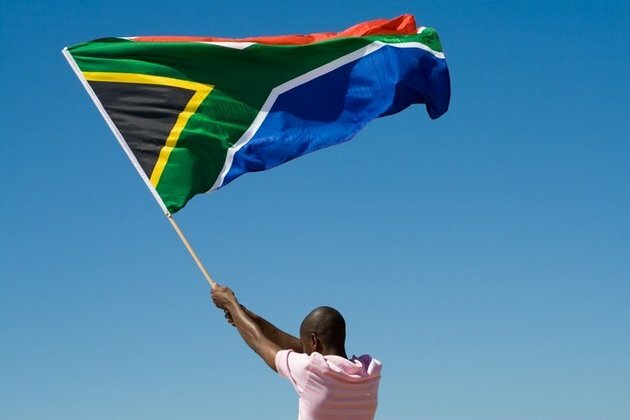
As we, as a South African nation, prepare to celebrate Heritage Day on 24 September, and as we reflect on our heritage during Heritage Month, what stands out clearly is that this year's heritage celebrations will be somewhat ... different.
It will not be like previous celebrations because, as a country, we - along with our fellow continental and global citizens - have experienced what can be described as one of the greatest health, social, and economic challenges that we, as a species, have ever faced.
The repercussions and impact of the Covid-19 pandemic will be felt for some time to come. And it is this realisation that may cast a little damper on our celebrations during this Heritage Month.
But what can our shared heritage as South Africans teach us about who we are as a people, and how can this knowledge help us to adapt to and overcome the long-term challenges wrought not only by the pandemic, but also by the many other challenges facing us?
Heritage Day is a celebration of our cultural heritage and diversity as a nation.
It presents us with an opportunity to reflect on our individual and collective heritage.
It is also an opportunity for us to take stock of the cultural and other resources that enable and empower us to take ownership of what we want to be as a nation, as a country, as a people.
So, in view of the questions raised earlier, here are some ideas on what I think our shared heritage can teach us:
In as much as our past is a painful one - a past that still has lingering effects decades after the transition to a democratic dispensation - it still plays a fundamental role in shaping who we are now, and who we want to become.
Colonialism and apartheid sought to suppress our indigenous cultures and traditions, and had a negative impact on our psyche, self-confidence and dignity as indigenous and African people.
But one positive that came from this, is that if it was not for our shared heritage of colonialism and apartheid, we probably would not have become the nation we needed to become to bring it to an end.
Instead of destroying symbols of that painful past, we need to shift our perspective to re-interpret those symbols in a new way.
The power of cultural symbols lies in its meanings.
Symbolic anthropologist Victor Turner spoke about the "multivocality of symbols", meaning that we can ascribe whatever meanings to our cultural symbols we choose.
Let us reflect on how we can change the current meanings we ascribe to our cultural symbols that reflect an awareness of how the heritage of where we come from does not keep us trapped in negative and painful meanings of these symbols, but instead inspire us to create new positive meanings.
After 1994, we began the process of creating a new contemporary heritage as a nation struggling to free itself of the burden of a painful past. And, while it was difficult, we have made significant strides.
Yes, we do still face challenges rooted in the past: institutional and structural violence; race and diversity-related issues; intercultural and intergroup conflicts; crime and violence against men, women and children; corruption at various levels of governance; and others.
We are also faced with 'newer' challenges as a country that is part of the globalised world. Poverty, inequality, unemployment, slow economic growth and an ailing infrastructure are all contemporary problems, some of them rooted in the past, others the product of the contemporary context.
What can we learn from our shared heritage of where we are now that can help us to overcome these contemporary challenges?
We need to remind ourselves of what we are capable of as a nation. We have ended an oppressive regime, not once but twice. And, with all of the challenges, problems, and obstacles, we are still here.
This might sound strange, because heritage usually refers to the past and present. Rarely do we speak of heritage in a future-oriented context. However, as a nation, given our past and given our present, where we come from and where we are now determines where we are going.
As South Africans, we need to ask the question: Where do we want to go? Are we heading in that direction?
If not, how do we change course, so that we do go in the right direction?
I have no simple answer.
But what I can suggest is that it should start with critical self-reflection, both individually and collectively.
We also need to ask ourselves what legacy we want to leave for future generations.
Do we want them to still be struggling with the same problems and challenges that we are dealing with right now?
Or do we want to leave them a legacy of a nation that stood up to its challenges, took ownership of them, and found a way to overcome them?
A globally devastating pandemic. A painful past. A present wrought with seemingly insurmountable obstacles.
As a South African, as a child of the soil, I know that, as a nation, we can overcome, and we can emerge better and stronger.
That is our heritage. The heritage of hope.
 Share
Share
 Tweet
Tweet
 Share
Share
 Flip
Flip
 Email
Email
Watch latest videos
Subscribe and Follow
Get a daily dose of Zimbabwe Star news through our daily email, its complimentary and keeps you fully up to date with world and business news as well.
News RELEASES
Publish news of your business, community or sports group, personnel appointments, major event and more by submitting a news release to Zimbabwe Star.
More InformationInternational
SectionOver 60 companies named in UN report on Israel-Gaza conflict
GENEVA, Switzerland: A new United Nations report alleges that dozens of global corporations are profiting from and helping sustain...
UK lawmakers desigate protest group as terrorist organization
LONDON, UK - Lawmakers in the United Kingdom have voted overwhelmingly to proscribe the direct-action group Palestine Action as a terrorist...
Dalai Lama to address Buddhist conference, reveal succession plan
DHARAMSHALA, India: The Dalai Lama is set to address a significant three-day conference of Buddhist leaders this week, coinciding with...
US Supreme Court backs Texas efforts to shield minors online
WASHINGTON, D.C.: In a significant ruling last week, the U.S. Supreme Court upheld a Texas law requiring age verification for users...
Turkey, France battle wildfires amid early Europe heatwave
ISTANBUL/PARIS/BRUSSELS: As searing temperatures blanket much of Europe, wildfires are erupting and evacuation orders are being issued...
Venetians protest Bezos wedding with march through the town
VENICE, Italy: Over the weekend, hundreds of protesters marched through the narrow streets of Venice to voice their opposition to billionaire...
Africa
SectionHow Xi empowers Global South in int'l governance
BEIJING, July 4 (Xinhua) -- As Chinese President Xi Jinping once observed, in the face of global changes of the century, pursuing modernization...
ETHIOPIA-ADDIS ABABA-CHINESE MEDICAL TEAM-MEDICAL SUPPLIES-DONATION
(250703) -- ADDIS ABABA, July 3, 2025 (Xinhua) -- Liu Junying (L), head of the 25th batch of the Chinese medical team, poses for a...
DR CONGO-GOMA-M23 REBEL GROUP-PRESS CONFERENCE
(250703) -- GOMA (DR CONGO), July 3, 2025 (Xinhua) -- Benjamin Mbonimpa (2nd R), the Congo River Alliance (AFC)'s permanent secretary...
Sharjah Chamber strengthens investment cooperation with Africa during first-ever trade mission to Mauritius
MAURITIUS, 3rd July, 2025 (WAM) - The Sharjah Chamber of Commerce and Industry (SCCI) concluded its first-ever official trade mission...
How UN Women turns gender data into impact
Data to end violence: United Republic of Tanzania “Before, I didn’t know where to report cases of violence. Now, I have...
Ghana shows "clear interest" in India's defence equipment
Accra [Ghana], July 3 (ANI): Ministry of External Affair's Secretary (Economic Relations) Dammu Ravi stated that Prime Minister Narendra...

